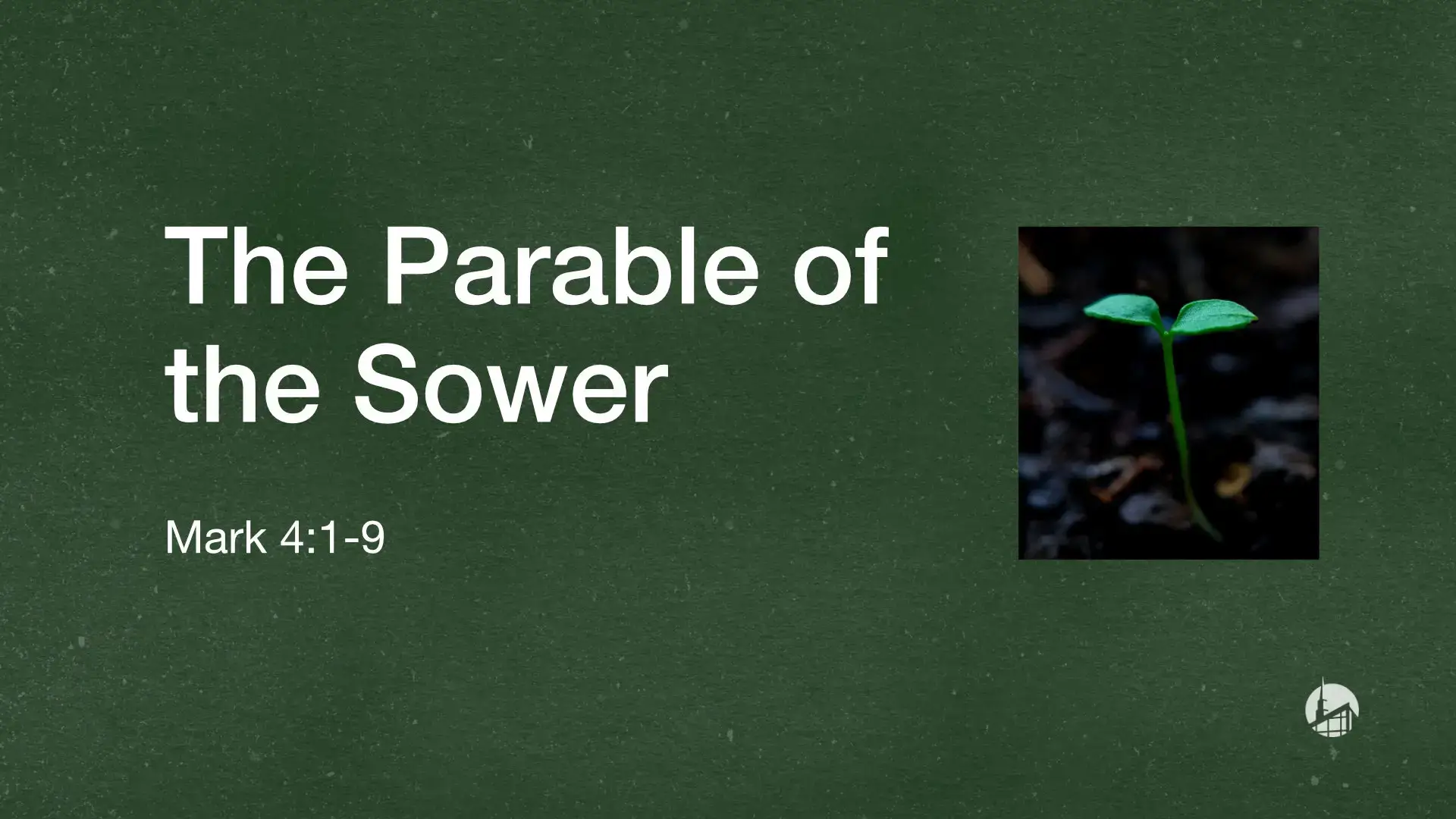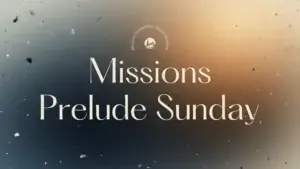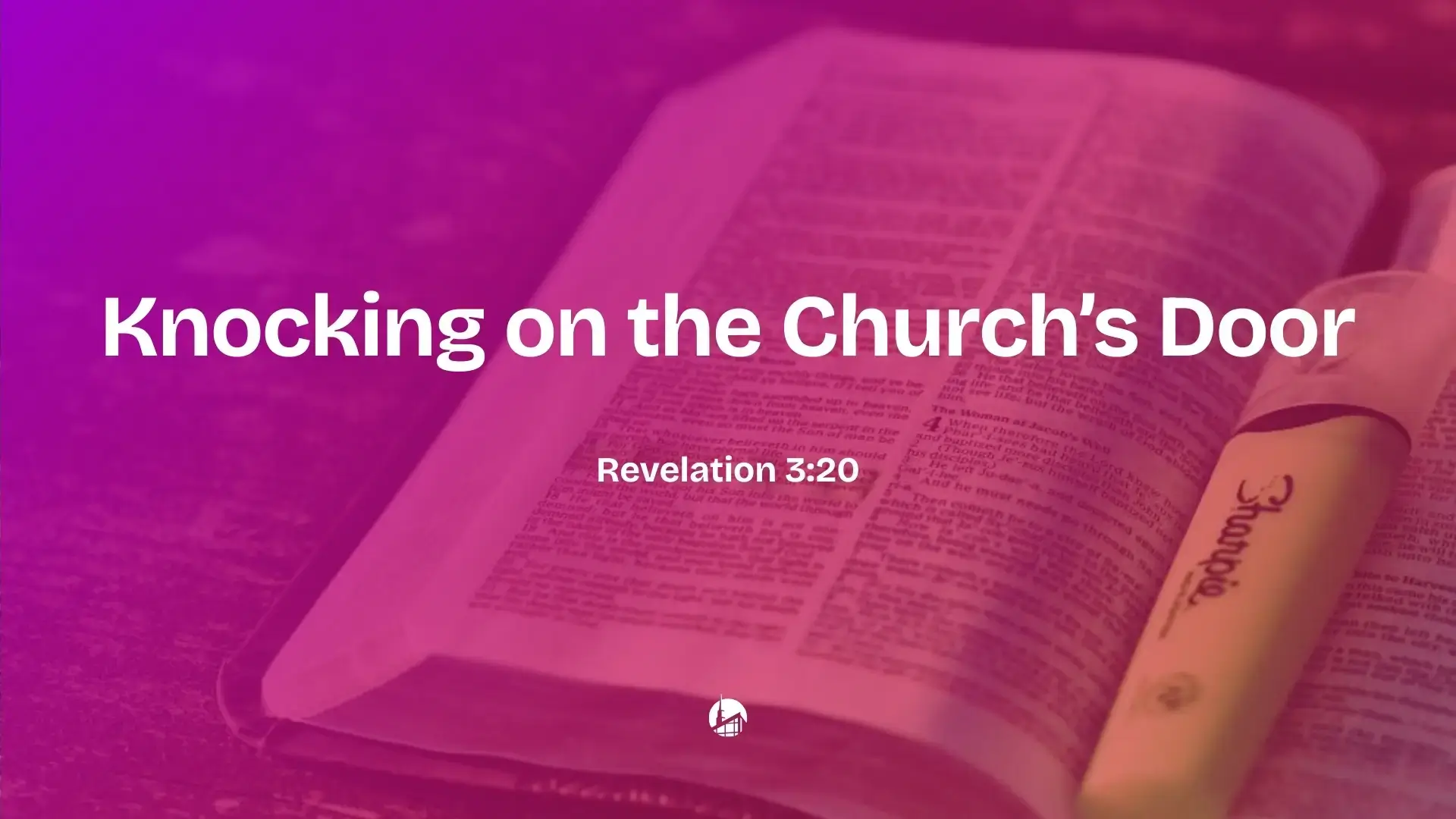In a recent sermon, Pastor Eli McTague delivered a compelling message on the Parable of the Sower from Mark 4:1-9, a timeless teaching of Jesus Christ that challenges us to examine how we receive God’s Word. This parable, rich with spiritual insight, uses the imagery of a farmer sowing seed to illustrate the varied responses of human hearts to the gospel. Pastor McTague’s exposition not only clarifies the parable’s meaning but also calls us to reflect on our own spiritual condition. Below, we explore the definition and design of a parable, followed by the proclamation and explanation of this powerful teaching, as presented in the sermon.
What Is the Definition of a Parable?
A parable, as Pastor McTague explained, is more than a simple story. It is a teaching tool that places one concept beside another for comparison, often using earthly scenarios to convey heavenly truths. The term’s semantic range is broad, encompassing stories like the Prodigal Son, proverbs, similes, or even allegories. C.H. Dodd describes a parable as “a metaphor or simile drawn from nature or common life, arresting the hearers by its vividness or strangeness and leaving the mind in sufficient doubt about its precise application to tease it into active thought.” Similarly, Charles Ryrie defines it as “a figure of speech in which a moral or spiritual truth is illustrated by an analogy drawn from everyday experience.” In simpler terms, a parable can be summarized as an earthly story with a heavenly meaning, designed to provoke contemplation and reveal spiritual realities.
What Is the Design of a Parable?
Parables serve multiple purposes in Jesus’ teaching ministry. First, they reveal truth about the person and purposes of Christ. When reading a parable, believers should ask, “What does this teach me about Jesus?” Parables also clarify Christ’s mission, particularly the spiritual nature of His kingdom, which contrasted with the political expectations of His time. Second, parables expose the condition of the human heart, often uncomfortably, by highlighting how individuals respond to God’s truth. Third, they disrupt comfort, prompting genuine seekers to inquire further while concealing truth from the hard-hearted. As Pastor McTague noted, parables motivate active thought, encouraging listeners to meditate on their meaning. For sincere seekers, parables unveil profound insights; for those with hardened hearts, they obscure truth, leaving them indifferent.
The Proclamation of the Parable (Mark 4:1-9)
In Mark 4:1-9, Jesus teaches by the seaside to a great multitude, using a boat as His platform to project His voice. The parable begins with a call to “hearken” or listen attentively: “And he began again to teach by the sea side: and there was gathered unto him a great multitude, so that he entered into a ship, and sat in the sea; and the whole multitude was by the sea on the land. And he taught them many things by parables, and said unto them in his doctrine, Hearken; Behold, there went out a sower to sow: And it came to pass, as he sowed, some fell by the way side, and the fowls of the air came and devoured it up. And some fell on stony ground, where it had not much earth; and immediately it sprang up, because it had no depth of earth: But when the sun was up, it was scorched; and because it had no root, it withered away. And some fell among thorns, and the thorns grew up, and choked it, and it yielded no fruit. And other fell on good ground, and did yield fruit that sprang up and increased; and brought forth, some thirty, and some sixty, and some an hundred. And he said unto them, He that hath ears to hear, let him hear” (Mark 4:1-9, KJV).
The parable describes a sower scattering seed across four types of soil: the wayside, where birds devour the seed; stony ground, where the seed sprouts quickly but withers due to lack of root; thorny ground, where thorns choke the seed; and good ground, where the seed yields abundant fruit. Jesus concludes with a command to hear, emphasizing the importance of committed listening over casual hearing. Pastor McTague highlighted that true listening involves a heart response to truth, not merely reciting it, as James warns against being hearers only but doers of the Word.
The Explanation of the Parable (Mark 4:14-20)
In response to the disciples’ confusion, Jesus explains the parable’s meaning in Mark 4:14-20: “The sower soweth the word. And these are they by the way side, where the word is sown; but when they have heard, Satan cometh immediately, and taketh away the word that was sown in their hearts. And these are they likewise which are sown on stony ground; who, when they have heard the word, immediately receive it with gladness; And have no root in themselves, and so endure but for a time: afterward, when affliction or persecution ariseth for the word’s sake, immediately they are offended. And these are they which are sown among thorns; such as hear the word, And the cares of this world, and the deceitfulness of riches, and the lusts of other things entering in, choke the word, and it becometh unfruitful. And these are they which are sown on good ground; such as hear the word, and receive it, and bring forth fruit, some thirtyfold, some sixty, and some an hundred” (KJV).
Jesus identifies the sower as Himself, the seed as the Word of God, and the soil as the human heart. The four soils represent different responses to the gospel. The wayside heart hears but allows Satan to snatch the Word away. The stony ground heart receives the Word with joy but falls away under persecution due to shallow faith. The thorny heart hears but is choked by worldly cares, riches, and desires, producing no fruit. The good ground heart hears, receives, and bears abundant fruit. Pastor McTague emphasized that our hearing reveals our heart’s condition, urging believers to reflect on which soil they resemble and to rejoice in Christ’s generous sowing of the Word.
Conclusion
The Parable of the Sower challenges us to examine how we hear and respond to God’s Word. Pastor McTague’s sermon encourages us to rejoice in Christ’s generosity, reflect on our heart’s condition, and request daily sensitivity to the Word, avoiding complacency or distraction. As we meditate on this parable, may we strive to be good soil, bearing fruit for God’s glory. If you do not know Christ, may today be the day you receive Him as Saviour.












